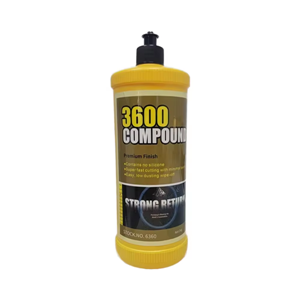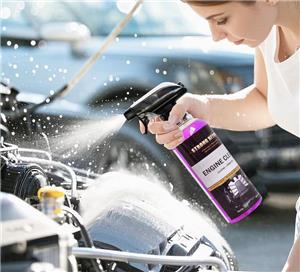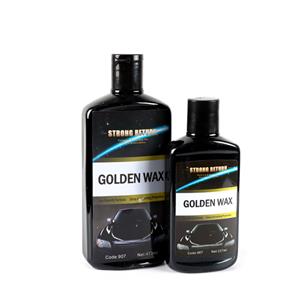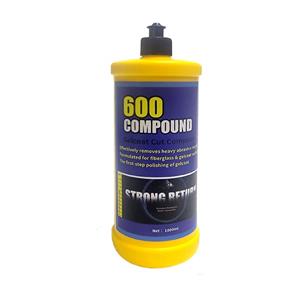CTIC TESTING CERTIFICATE
CTIC Chemical Product Certification: Inspection of Leada's Polishing Compound
The CTIC (Chemical Testing and Inspection Center) chemical product certification is a rigorous and comprehensive process aimed at ensuring the quality, safety, and compliance of chemical substances and products. In this context, the inspection of Leada's polishing compound becomes a crucial aspect to evaluate its suitability for various applications and to guarantee that it meets the necessary standards and regulations.
Polishing compounds play a vital role in numerous industries, from automotive and aerospace to electronics and jewelry. They are designed to remove surface imperfections, enhance the smoothness and shine of materials, and improve the overall aesthetic and functional properties of the treated surfaces. However, the quality and composition of these compounds can significantly impact their performance and potential risks.
The CTIC certification process for Leada's polishing compound begins with a detailed analysis of its chemical composition. This involves identifying the various ingredients and determining their concentrations and purity. Common components of polishing compounds may include abrasives such as silica, alumina, or diamond particles; binders to hold the abrasives together; surfactants to improve wetting and dispersion; and additives for enhanced performance or specific properties.
The abrasive particles are of particular importance as they directly influence the polishing efficiency and the resulting surface finish. Their size, shape, and hardness need to be precisely characterized to ensure that they provide the desired level of abrasion without causing excessive damage or leaving behind undesirable marks. The binders used should have adequate strength and stability to keep the abrasive particles in place during the polishing process but also be compatible with the substrate being polished.
Surfactants in the polishing compound help in reducing surface tension, improving the spreadability and penetration of the compound onto the surface, and facilitating the removal of debris and contaminants. Additives may include corrosion inhibitors to protect the substrate from chemical attack, lubricants to reduce friction and heat generation, and colorants or fragrances for aesthetic or sensory purposes.
In addition to the chemical composition, the physical properties of Leada's polishing compound are also examined. This includes parameters such as viscosity, pH value, specific gravity, and stability over time. The viscosity affects the application method and the ability of the compound to adhere to the surface during polishing. The pH value is important as it can influence the compatibility with the substrate and the potential for chemical reactions. Specific gravity provides information about the density of the compound, which can have implications for dosing and coverage.
The stability of the polishing compound is crucial to ensure its consistent performance throughout its shelf life. Changes in composition, phase separation, or degradation can lead to variations in polishing results and potentially render the product ineffective or unsafe.
Another aspect of the CTIC inspection is the assessment of the compound's safety and environmental impact. This involves evaluating its toxicity, flammability, and potential for causing harm to human health and the environment. Chemical substances that are classified as hazardous or restricted may need to be present within acceptable limits or be replaced with safer alternatives.
To determine the performance of Leada's polishing compound, various testing methods are employed. These may include laboratory-scale polishing experiments on representative substrates to measure the improvement in surface roughness, gloss, and flatness. Comparative studies with benchmark products or industry standards can also provide valuable insights into the competitiveness and superiority of the compound.
Furthermore, the manufacturing process of the polishing compound is scrutinized to ensure good manufacturing practices (GMP) are followed. This includes quality control measures at each stage of production, traceability of raw materials, and proper documentation of processes and test results.
In conclusion, the CTIC chemical product certification for Leada's polishing compound is a comprehensive and meticulous process that encompasses the analysis of chemical composition, physical properties, safety aspects, performance evaluation, and manufacturing procedures. This certification not only provides assurance of the product's quality and reliability but also contributes to the safe and sustainable use of polishing compounds in diverse industrial applications.




